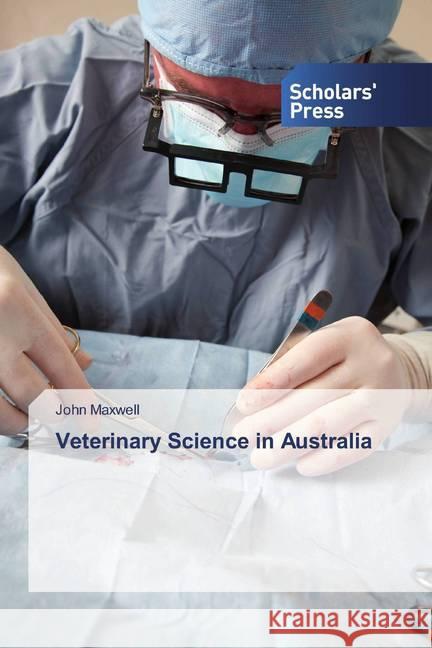Veterinary Science in Australia » książka
Veterinary Science in Australia
ISBN-13: 9786202319171 / Angielski / Miękka / 2018 / 88 str.
At Federation (1901), Australia became a nation. Two universities (Melbourne and Sydney) provided Veterinary Faculties. During the first 50 years after this, Veterinary Scientists were sure of their place and value in Australia's society. In 1936, a third university offered this course (Queensland) and by 1950, there were 400 veterinarians registered in Australia. Fifty-years later, with a fourth veterinary school (Murdoch) there were 6,000 registered veterinarians. However, these were no longer sure of their role. Attrition rates of students and graduates were increasing, there was an oversupply in relation to demand and females were dominating the profession. Today, with 12,000 registered veterinarians, conditions have worsened, that which was once a full-time masculine vocation has become a part-time feminine avocation and the question arises, "Has Veterinary Science a future in Australia?" If the current business models of private practice, government service and other activities undertaken by graduates become obsolete? If so, will new models save the day? Not only must Australia's veterinary community face these challenges, so must others elsewhere.











